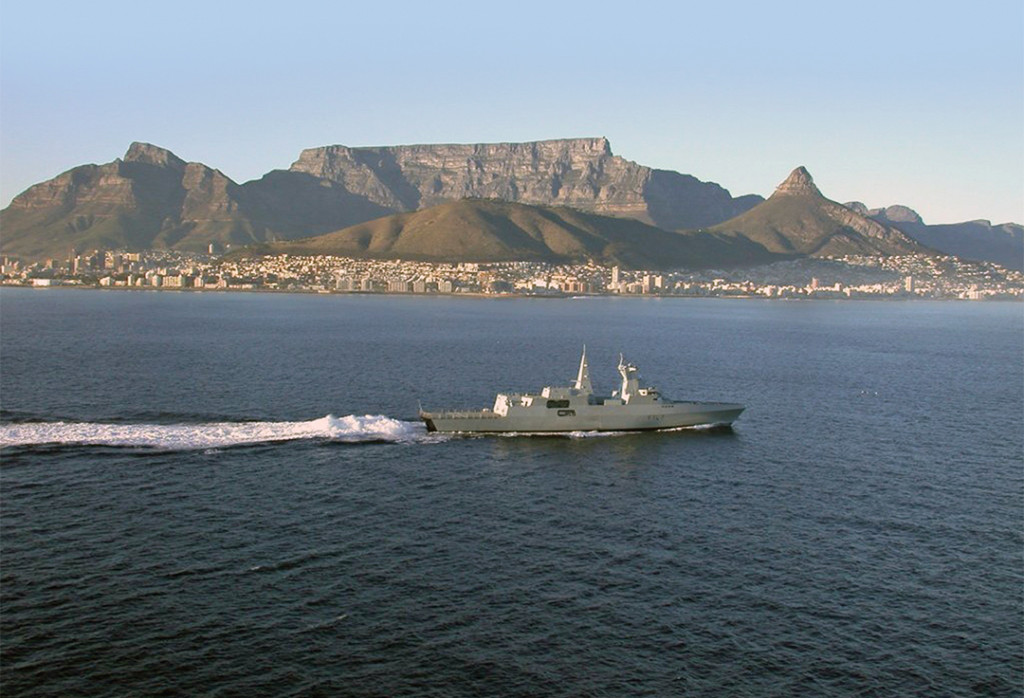DEFENCEWEB
South Africa and France announced an agreement for cooperative patrols in the southern Indian Ocean against illegal, unreported and unregulated fishing in each country’s exclusive economic zone (EEZ).
The EEZ is the area extending 200 nautical miles from the coast. Within the EEZ, a coastal state has sovereign rights in accordance with the United Nations Convention on the Law of the Sea over living and nonliving resources of the sea and the seabed. South Africa’s EEZ includes the water next to the African mainland and around the Prince Edward Islands, uninhabited islands 955 kilometers off the coast. The total surface of the EEZ is 1.5 million square kilometers.
Of the monitoring and surveillance fleet operated by South Africa’s Department of Agriculture, Forestry and Fisheries Directorate, only one is capable of patrolling the remote offshore parts of South Africa’s EEZ. The other three patrol vessels were built to patrol only up to the 200-nautical-mile limit.
However, French naval vessels, based in Port-des-Galets, Reunion Island, regularly patrol the French EEZ in the southern Indian Ocean, north of the Antarctic in the French Southern and Antarctic Lands. These vessels also frequently visit Cape Town during these patrols for resupply, rest and routine maintenance. With South Africa and France having neighboring EEZs in the Southern Ocean, the two countries share a common interest in protecting the valuable fisheries resources within them.
The proposed agreement, which was finished but awaiting signatures during a high-level ministerial visit to Europe later in 2015, will be similar to the Australia-France Cooperative Enforcement Agreement signed in 2011. That agreement allows joint Australian and French patrols to enforce each other’s fishing laws in their respective EEZs and territorial seas in the Southern Ocean.
The cooperative enforcement allows for the exchange of personnel necessary to apply and enforce each country’s laws. For French vessels to enforce South African fisheries laws in South African waters, a South African officer must be aboard and vice versa when South African vessels are in French waters. Measures include the boarding, inspection, hot pursuit, apprehension, seizure and investigation of fishing vessels believed to have breached fisheries laws.
“The sovereignty on our EEZ cannot be enforced by each nation in isolation, and only the sharing of the devoted maritime [resources] is the solution to be more present in these outside territories and fight against illegal activities,” a French naval official told defenceWeb.

